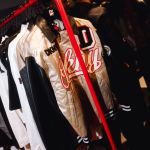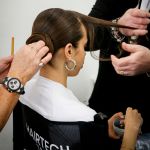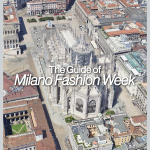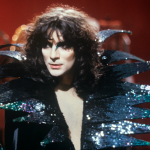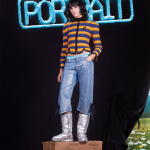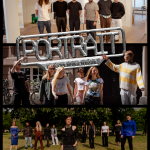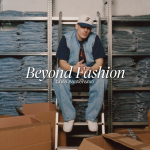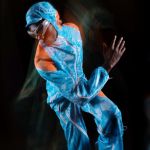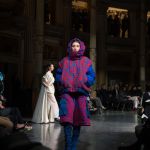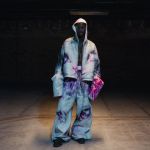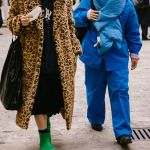
What is UNIQLO doing in terms of sustainability?
The new strategies of the Japanese clothing empire
November 22nd, 2019
Sustainability is the buzzword of 2019. The themes of climate change and responsible production have been at the centre of public debate this year. One of the sectors most blamed by environmentalists is fast fashion, whose production model of easily periperable and polluting goods is one of the main culprits of the ecological crisis in which we live. As a result, many clothing brands, both in the field of luxury and fast fashion, have tried to find solutions, implementing new eco-friendly strategies to make their production completely sustainable. In the field of fast fashion, one of the most emblematic examples is that of UNIQLO, the empire of high-quality Japanese basic garments, which by 2020 has promised to make numerous changes to avoid waste and minimize the environmental impact both on the level supply chain as well as production.
Further efforts for ethical production took place in the field of cashmere. By 2020, the company has committed to selecting only ethical suppliers whose shearing methods do not violate animal rights. Many breeders, in fact, to obtain wool, resort to the practice of mulesing, which in addition to the mantle of animals also takes part of their skin - a practice banned in New Zealand since last year and still used in Australia, although in the midst of decades of disputes. UNIQLO merino wool is harvested in spring, during the wetseason, when the animals self-free themselves, organically of their wool.
All UNIQLO LifeWear materials are created to improve the wearer's life. To do this you need not only to create practical and high quality clothes, but also to do it in such a way that the natural environment of which all UNIQLO customers are part is respected.





















